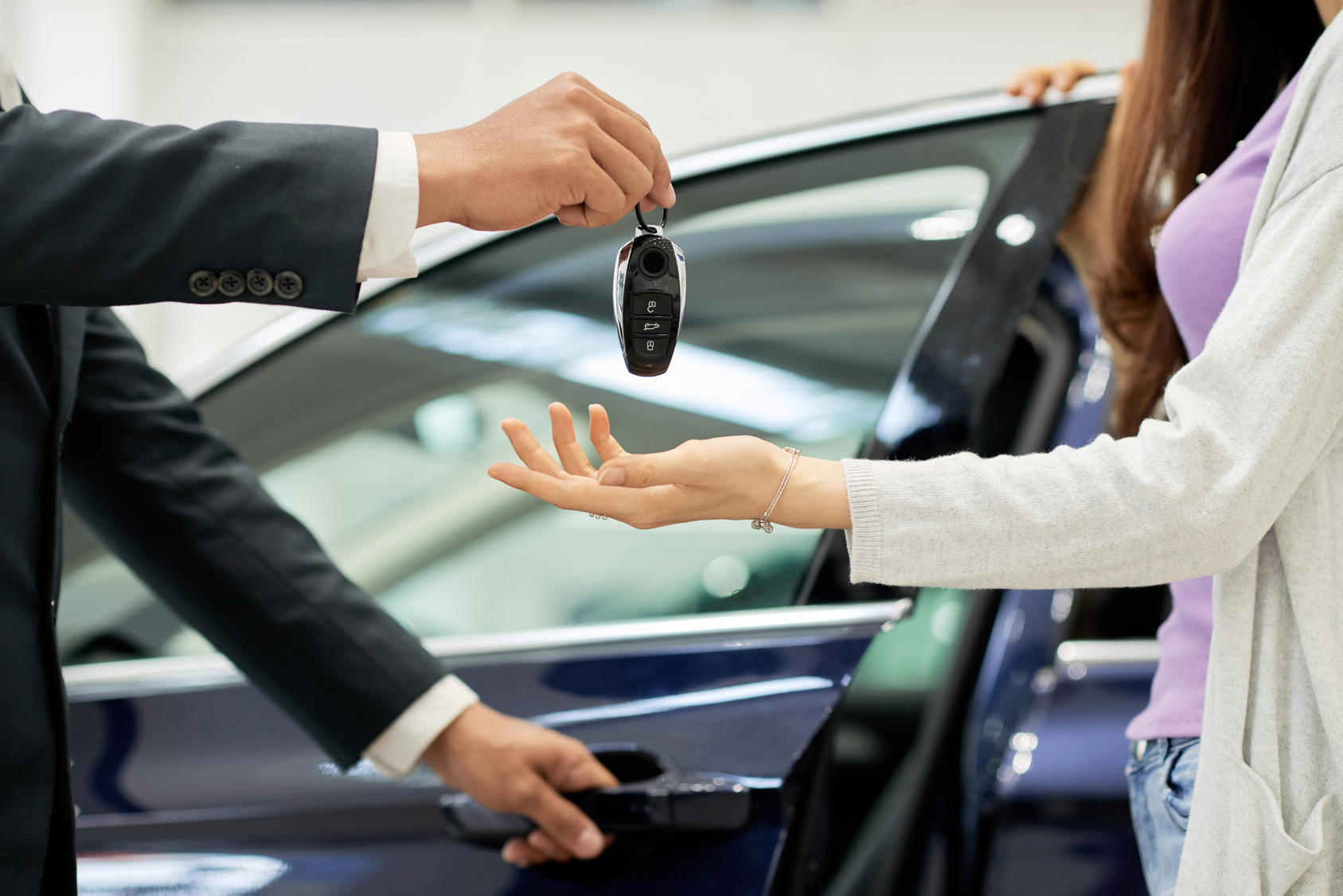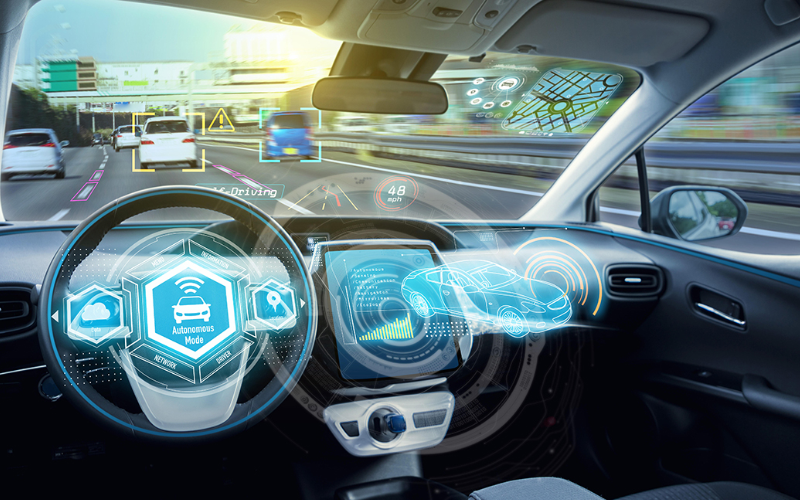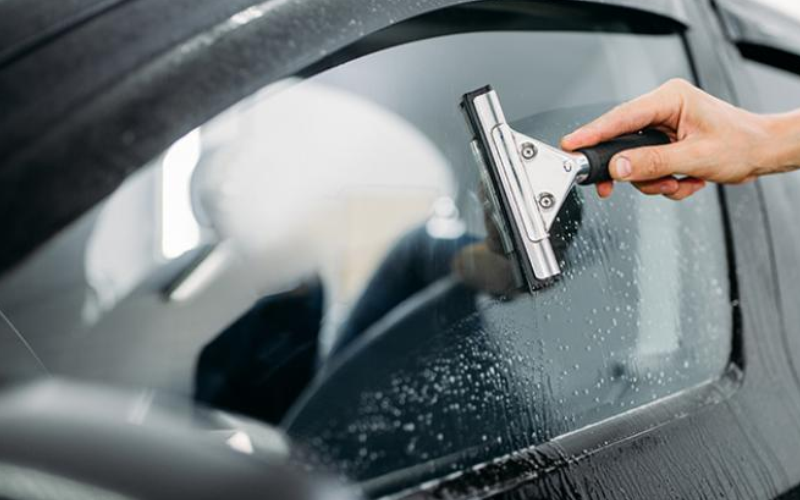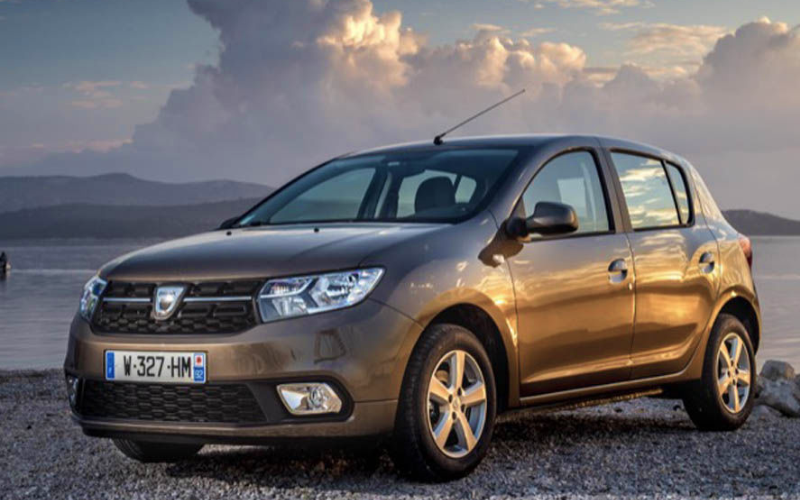Beyond the shock of the global COVID-19 pandemic, the automotive sector has been undergoing a lot of changes. The main drivers of change have been the maturing Millennial generation, and the younger Gen Z, who appears to be something at odds with each other over their attitudes to cars.
In today’s article, we’re looking at Millennials and their diverse attitudes to cars, and also comparing it to that of their successors in Gen Z. The current attitudes and habits of these young people will have a lot of sway on how the automotive world develops in the coming decade.
Millennials’ Support for Car Ownership
As early at 2015, there was already significant evidence that the Millennial generation, Gen Y, was going to be yet another big car-buying generation. A special research report published by CDK Global in 2015 revealed that a whopping 80 percent of Millennials — defined in this report as those born from 1985 to 2000 — planned to purchase a vehicle in the next five years. This figure was pulled from a 2014 report published by Deloitte.
Generation Y, according to CDK’s report, is 80 million strong and has a purchasing power of $200 billion. Their purchasing of most things, including cars, is guided by their online experience. They can spend as long as 17 hours or more looking at cars online before they even walk through the door of a single dealership. Most of this research time is spent looking at reviews of the models in which they are interested.
So, overall, we have a generation that is still enamored with the idea of car ownership, and actively seeking to join the ranks of society’s top mobility club – driving your own car. Why did we mention, then, that the generation seemed to be “at odds” over the issue? The answer can be found within the slightly more complex makeup of the Millennials/Generation Y when compared to their successors in Generation Z.
Ride Sharing – The Other Millennial Love
Bother Generations Y and Z have been among the biggest supporters and drivers in growth for rideshare companies such as Uber and Lyft. Hailed as a way to get cheap, comfortable travel in a way that can help reduce traffic and vehicle emissions, while even being cheaper (and nicer) than regular licensed cabs, ride-sharing has for years been touted as the future mode of driving. It’s driverless driving, with drivers.
In China, companies like Mobike and Ofo took the concept even further when they introduced to the idea of ride-sharing for bikes. You scan a QR code on the bike with your phone to unlock it and then get charged for how much distance you ride. What was the difference between this and regular hire bikes? It was that you could leave your Mobike anywhere you landed. The bikes have GPS locators, allowing you to find the nearest one with an app. When you’re done, you just plonk it wherever there’s room. It has been a smash hit in China, with many copycat companies popping up in the wake of Mobike’s success.
In the years running up to 2020, the juggernaut of ride-sharing seemed to be unstoppable. City-dwelling Millennials couldn’t think of any possible reason why they would ever need to consider owning a car when they could get the convenience of a ride-sharing app like Uber 24 hours a day, 7 days a week.
The COVID-19 Factor
The year 2020 was not a great one for the concept of ride sharing, however, and this explains why Millennials and even Gen Z are now somewhat ambivalent about the idea of sharing vehicles with other people. They will likely come around again and start reacquainting themselves with the idea, but in the meantime, they are looking into private cars, even if it’s just for health and hygiene reasons.
Given the clear shock value of the pandemic, it was inevitable that many would feel this way, but it’s reasonable to assume that the feeling will be short-lived. While many Millennials say they want to buy a car in the next five years, they and their Generation Z successors still love ride-sharing and alternatives to the traditional idea of car ownership.
Understanding Millennials’ Desire for Cars
The numbers from CDK tell an interesting story, but they are not the full story. We have to factor in other considerations. One such fact is that Generations Y and Z have a different understanding of car ownership to that of the Gen X and Boomer generations. Where Millennials are much more willing to explore alternative arrangements like leases and contract purchases, the older generations are not.
Once again, we can turn to data from 2015 to prove this. A report shared on CNBC shoed that even then, leasing accounted for nearly 29 percent of all new car purchases by millennials in 2015. That number also represented a 46-percent increase from five years prior to that.
Why do Some Millennials Resist Car Ownership?
Gen Xers and Boomers balk at the idea of leasing a car or entering into arrangements where you end up spending so much more money over more time. Millennials are much more willing, however, to pay a premium for the flexibility they get and the ability to spread cost over longer, even if, ultimately, they end up paying somewhat more.
What are the reasons that Millennials are so much more willing to be leasers and sharers rather than outright owners? Here’s Kevin O’Leary from Shark Tank talking in 2018 about why not to buy a car.
Millennials Don’t Like Making Large Capital Payments
When you think of how much young people must cumulatively spend on coffee, smartphone apps, streaming services and other things, it can make you wonder why they’d be so against forking out for a new car. One of the main reasons behind the younger generations’ proclivity for smaller, more spread-out spending is the level of student debt they currently face.
While Millennials and Gen Z are undoubtedly more educated than any generation that came before them, they are also saddled with greater levels of student debt. The overall student debt in the United States currently stands at a staggering $1.57 trillion, according to the Federal Reserve Bank of New York. That averages out to $37,500 per student in 2020.
When you have that kind of burden to deal with, thinking about spending the same amount on an entry-level electric car, or even on a premium sedan or hatchback is hard to justify. In the end, it’s not entirely even that Millennials “don’t like” spending money in large sums, but rather they don’t feel capable of doing it.
Millennials Value Flexibility
Another well-known fact about the Millennial generation is their love and embracing of smart technology. The website Qualtrics.com cited evidence to point out that younger millennials check their phones, on average, 150 times per day. Furthermore, the Pew Research Center reported that 93 percent of those turning 23 to 28 in 2019 owned smartphones, along with 90 percent of Gen Xers and just 68 percent of Boomers. Their attachment to this technology is part of the explanation for their love of flexibility when it comes to mobility.
The more traditional way of thinking among Boomers and Gen X was that owning your own car was the way to true flexibility and freedom. You could just get behind the wheel, turn the keys and go wherever you wanted. Younger generations tend to think of this flexibility a bit differently. What they really want is options. Owning a car gives you a choice in destinations, sure, but there’s no flexibility in how you get to and from a place.
Millennials value flexibility, meaning they want options on timing, type of vehicle, whether or not they have to drive themselves, how they pay for things and more. Millennials buying cars are interested in flexible options that allow the cost to be spread over a longer time. Others don’t want to have to drive at all, preferring to get others to do their driving for them as and when they need. Still others want more options on leasing, partial ownership, short-term renting and more.
Driving is Not Fun for Millennials
The majority of Millennials, according to Pew Research are nearly exclusively city dwellers, with some 88 percent living in metro areas. This helps to explain the claim that, on the whole, Millennials are not fans of driving and see it much more as a chore rather than a pleasure. As the older generations enjoy traffic-free driving in the suburbs and countryside as a pleasurable pursuit, Millennials don’t find the idea palatable of being bumper-to-bumper for hours at a time, followed by the impossible task of finding a parking space, and all while adding gas, insurance and additional taxes on top of your already expensive urban lifestyle with rent, utilities and the overall cost of living.
Millennials are Driven by “FOMO”
Another interesting phenomenon that relates to Millennials and Gen Z falling into the more flexible car use categories is “FOMO” or “Fear Of Missing Out.” This phrase has been used to describe those young people who can’t resist the urge to go out and socialize for fear of missing out on something exciting, or perhaps meeting “the one” that night. It also, however, applies to the realm of car ownership.
Millennials find it hard to make a commitment to a product like an automobile. First, there’s the large parting of capital, which we described in a previous point, but after that is the fear that buying a car this month would be putting all of one’s eggs into a single basket.
Imagine that a Millennial buyer has been researching both Ford and Toyota models in their search for a new hybrid car. As they agonize over their choices, they can’t help but wonder if it might be worth waiting until the summer or until the end of the calendar year when they believe there will be a sales event or great discounts available. They may have learned this from a prominent online influencer on YouTube or Instagram, which is another big factor that guides the buying habits of young people.
If they were to pull the trigger on a Ford Fusion Hybrid, what if just as they were signing the paperwork, Toyota announced big discounts on the newest RAV4 Hybrid SUV? This is how the FOMO can take over. Making a decision means sacrificing another one, after all. Collectively, the Millennial generation has huge purchasing power, but part of that is explained by them being among the largest current generations. The individual doesn’t have money for both cars, and so it’s hard to finally settle on one.
Gen Z and Car Ownership
Some are quick to lump Millennials and Gen Z together as one group, but there are some key differences. Most Millennials have experience of both “old school” and “new world,” having grown up without the Internet, but rapidly became comfortable with it as it took off during the 1990s, 2000s and 2010s. Millennials are also currently of an age range of as old as 39-40, down to 25, meaning there’s great difference between older and younger Millennial mindsets. Gen Z, on the other hand, is not yet fully defined, with all its adult members being in their late teens and early 20s. They are sometimes known as “native Internet users” since they have always had the Internet as a part of their lives. This sets them apart from Millennials.
This also helps to explain the existence of disparity between the two generations when it comes to car ownership. Older Millennials are still more connected to the idea of car ownership, with that diminishing as the generation gets younger. Gen Z, however, is more firmly and fervently anti-car. The youngest generation currently prides itself on its environmental awareness, and in general has a more negative view of private car ownership.
Gen Z seems far more interested in ride sharing and the broader concept of shared mobility as a direction for society to take. They want “on-demand” mobility that doesn’t congest the roads, pollute the air, or require the wasteful production of millions of models every year, followed by millions more that will be crushed into cubes or otherwise poorly disposed of. Furthermore, they harbor the same concerns as many young Millennials about the inconvenience of driving and parking, as well as the worry of maintenance and fixing it whenever it goes wrong. In all, they see driving as a burden, not a liberation.
Conclusion: What Does the Future Hold?
Exactly how the youngest two generations will continue to develop in their taste for cars is hard to predict. The fast advance of technology makes the automotive world harder-than-ever to predict. Perhaps the perfecting of driverless car technology is what will push young Millennials and Gen Z members into falling back in love with cars.
Another way of looking at it all is in terms of status. In the youth of the Boomer and Gen X generations, owning a car and holding a driving license was a real sign of status and purchase within a society. Owning a car was part of “making it” in life, but that’s changed for the younger generations. Gen Z and portions of the Millennial generation regard status quite differently. Online influencers have a great deal of impact on the way younger people act, and the modern status symbol is altruism and apparent virtue.
Awareness of social and political issues, environmental friendliness, and attachment to noble causes are what helps to build status in this new society. Owning a car can even, conversely, be seen as a sign of fuzzy thinking, vanity, and lack of depth, especially if you like to publicize the fact that you own a certain make or model of car.
Young people also care deeply about what car companies are up to, and will vote with their wallets according to which one supports causes that they, too, care about, or which one treats their workers better. When you think about all of the above things, it’s not hard to see why and how the youngest two generations have somewhat eschewed old ideas of car ownership, and are remaking the industry in an image that they can get behind.
How will it all play out in the future? Only time will tell. The fast pace of technological development does suggest, however, that we may not even have to wait until the arrival of the generation after Gen Z to find out a lot more about it.



